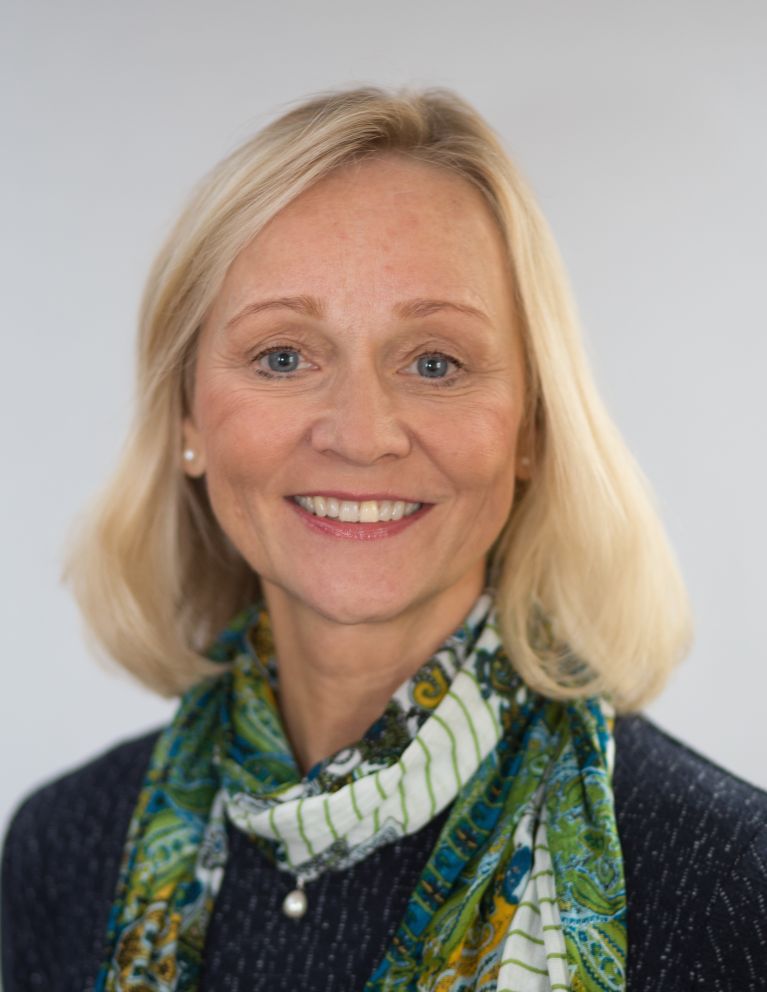Pathways Through The Coronavirus Pandemic

by Carolyn Torkelson, MD
How are you managing this time of uncertainty? "Social distancing" and "sheltering in place" are new terms in our vocabulary. We are on a path that is uncharted and one where we are not in charge. We are being asked to stay home and limit physical contact with others – what a change from how we have previously managed our independent lives. We are confronted with a new way of living and it feels uncomfortable and scary. So how do we take this new imposed normal to a place of comfort and resilience? Action steps can help us feel like we have some control in this time of confinement.
As a physician, I want to remind you of the importance of self-care and community-care. To protect the public's health and slow the rate of transmission of COVID-19 it is essential to follow the advice of the health department:
- Wash your hands often with soap and water for at least 20 seconds, especially after going to the bathroom, before eating and after blowing your nose or coughing.
- Use an alcohol-based hand sanitizer with at least 60% alcohol if soap and water is not readily available.
- Clean and disinfect frequently touched objects and surfaces using a household cleaning spray or wipe.
- Stay at home if you do not have essential work or have any symptoms of illness. Practice social distancing when out in public.
- Individuals with underlying medical conditions should stay at home and avoid gatherings or other situations of potential exposures.
- Watch for symptoms: Fever, cough, shortness of breath and self-quarantine if needed.
These recommendations help to minimize physical exposure to the virus, but how do we support our mental and spiritual health during times of isolation and mounting fears of illness. We need to find ways to stay in community, engage in self-care activities and lighten the emotional load that the COVID-19 pandemic has produced.
The Dalai Lama suggests several ways to cope with uncertainty and upheaval, and suggests cultivating “loving-kindness” as well as practicing compassion and empathy for others and ourselves. If we start with his suggestions and consider doing one act of kindness a day, it may diminish the sense of isolation that many of us are feeling during this coronavirus seclusion. Acts of intentional loving-kindness can be very simple; for example – making a call or sending a card to a friend who lives alone, make a surprise meal for your loved one, fill the bird feeder and watch the birds feast. The options are endless, journaling a thought or a prayer for health care providers or simply making a list of loving acts of kindness. Consider reading an essay from The Book of Delights by Ross Gay or cleaning out a room that has been overfilled for years. If you feel paralyzed by this pandemic, I would suggest you reach out to a friend and ask them how they are coping. Any new act of kindness for yourself or others can help you find joy in the moments of today.
In the words of Bill Gates; the pan-epidemic is, “reminding us that the power of freewill is in our hands. We can choose to cooperate and help each other or we can choose to be selfish, to hoard, to look only after our self. Indeed, it is difficulties that bring out our true colors.” Engaging in helping others is one of our most powerful tools, yet does not minimize the many difficulties and challenges that lay ahead. We need to promote good health and consciously work to raise the human spirit.
Challenge yourself by adding one new thought, prayer or action to your daily routine and see if it can become a healthy habit long term. One tiny new addition to my day has been to make sure I eat at least one cruciferous vegetable every day. Now that may sound ridiculous to some but for me it was a way to gently improve my eating habits. Clearly, for each of you, the challenge will be individualized but a small step is the beginning of new pathways.
